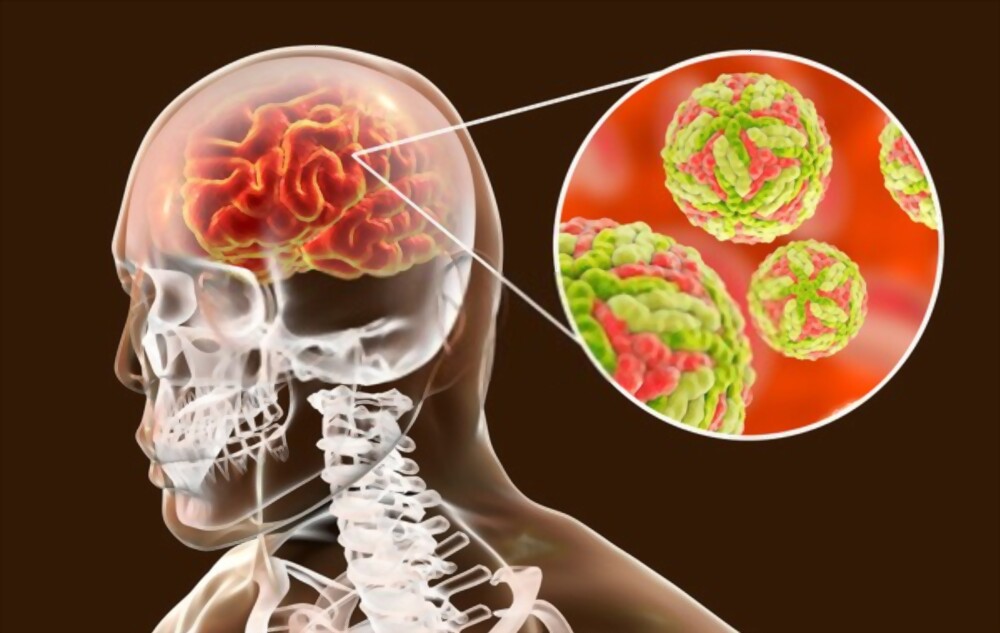Japanese encephalitis infection is increasing, what is the risk?
While the dengue infection is spreading, the Japanese encephalitis infection has also added a big challenge. According to the latest statistics released by the Ministry of Federal Affairs and General Administration, 28 people have been infected with Japanese encephalitis across the country. Three of them have died.
Statistics show that more than 50,000 Japanese are infected with encephalitis every year around the world. Out of which 10 to 15 thousand infected have died.
About 70 percent of people infected with the infection are at risk of developing neurological problems. Experts estimate that the actual number may be twice as much as the statistics. In Nepal, this disease sometimes takes the form of an epidemic.
The scary aspect of the disease is that it may not be cured after the symptoms appear and even if cured, the patient may be physically and mentally disabled.
What is Japanese encephalitis?
Japanese encephalitis is an infectious disease transmitted to humans by mosquito bites. which is transmitted to humans by mosquitoes biting animals such as pigs.
In which areas did the infection spread?
Since last month, 5 cases of encephalitis have been confirmed in Koshi Province, 7 in Madhesh Province, 4 in Bagmati, 1 in Gandaki, 1 in Lumbini and 6 in Sudurpaschim Province. In which three people from Kailali in Far West have died.
Most vulnerable during monsoons
Infectious diseases are more common during rainy season. During this time, more bacteria are activated by moisture. Due to floods and continuous rains, there is a lack of sanitation.
When the flow of water increases, the sewage cannot be drained. There is a situation of dirty water in some places. which increases mosquitoes. There is a risk of transmission to humans by mosquitoes biting infected animals.
How does it affect?
Pigs and birds carry the Japanese encephalitis virus. Culex mosquitoes that bite those animals cause infection after biting humans. This virus mainly affects the brain. After affecting the brain, symptoms such as fever, sore throat, headache, shivering and shingles appear. If seriously affected, it can lead to coma (unconscious state).
Treatment
There is no specific treatment for Japanese encephalitis. It is treated according to the symptoms. For example, if there is a fever, there is treatment for it, if there is a tremor, there is a related treatment, if there is a headache, there is a treatment to reduce it.
In this case, those whose body's immunity is strong recover slowly after symptomatic treatment. But whose immunity is low. Those with diseases such as HIV infection, diabetes and diseases that attack the immune system are more likely to go from ICU to ventilation. Resistance can fight and there is a risk of death if not treated in time.
Vaccination against Japanese encephalitis is the main treatment
The only strong mechanism against this virus is the vaccine against Japanese encephalitis. Therefore, to prevent its infection, the infant is given a mandatory vaccination within 12 months of birth.
How to avoid Japanese encephalitis?
Japanese encephalitis is a disease transmitted by mosquito bites, doctors say that the risk of this disease can be reduced by taking measures to avoid mosquito bites.
Vaccines are also available for this, which can help reduce the risk of infection or protect against the risk of serious illness if infection occurs.
Apart from this, you should wear long-sleeved shirts and pants, keep the house clean and stop the breeding of mosquitoes.

Comments
Post a Comment
If you have any doubts. Please let me know.